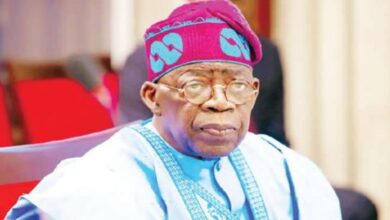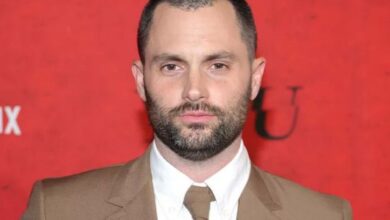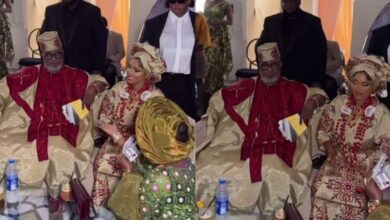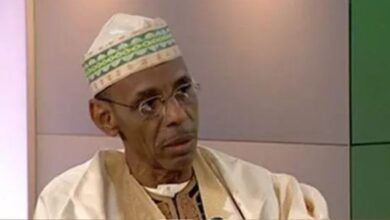Pope Francis, the People’s Pontiff, Passes Away at 88
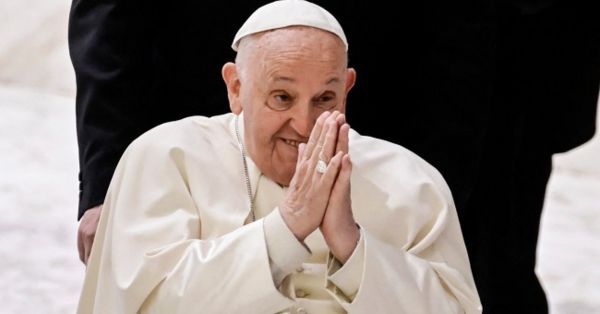
The world stands still as news of Pope Francis’s death reverberates across continents. The beloved leader of the Catholic Church, known for his humility, progressive vision, and unwavering commitment to the marginalized, breathed his last at the age of 88. His passing marks the end of a transformative papacy that challenged the status quo, bridged divides, and redefined what it means to be a spiritual leader in the modern age.
Cardinal Kevin Ferrell, the Vatican’s camerlengo, confirmed the somber news: “At 7:35 this morning, the bishop of Rome, Francis, returned to the home of the Father. His entire life was dedicated to the service of the Lord and of his church.”
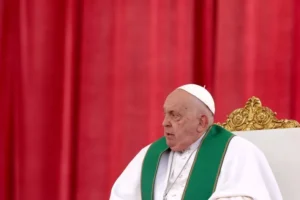
For millions, Francis was more than a pope—he was a beacon of hope, a voice for the voiceless, and a relentless advocate for justice. His death leaves an immeasurable void, not just within the Vatican’s ancient walls but in the hearts of those who saw him as a moral compass in an increasingly fractured world.
A Life of Service, A Legacy of Change
Born Jorge Mario Bergoglio in Buenos Aires, Argentina, in 1936, Francis’s journey to the papacy was anything but conventional. A Jesuit priest who once worked as a bouncer in a nightclub, he carried with him a deep understanding of human struggle. When he was elected pope in 2013, he shattered expectations from the very first moment—opting to ride a bus instead of the papal limousine, paying his own hotel bill, and choosing to live in a modest guesthouse rather than the lavish Apostolic Palace.
His papacy was defined by radical humility. He washed the feet of prisoners, embraced refugees, and called out the excesses of capitalism, famously labeling unfettered greed as the “dung of the devil.” His 2015 encyclical on climate change, Laudato Si’, was a groundbreaking moment—demanding that wealthy nations take responsibility for environmental destruction and its disproportionate impact on the poor.
A Pope for the People
Francis’s connection with everyday people was unparalleled. Whether visiting a refugee camp in Lesbos, comforting victims of human trafficking, or calling war-torn Gaza to offer prayers, he embodied the essence of pastoral care. His Easter Sunday appearance, just weeks before his death, was a poignant reminder of his enduring presence—frail but resolute, a shepherd standing with his flock until the very end.
Yet, his progressive stances often put him at odds with Vatican traditionalists. His famous “Who am I to judge?” remark about gay priests signaled a more inclusive approach, even as he upheld Church doctrine on issues like abortion and contraception. His efforts to reform the Vatican’s financial corruption and clerical abuse scandals faced fierce resistance, but he persisted, mandating transparency and accountability in an institution long shrouded in secrecy.
The Battle for the Future of the Church
With Francis’s passing, the Vatican now faces a pivotal moment. The coming conclave—a secretive gathering of cardinals in the Sistine Chapel—will determine whether his legacy of reform endures or if conservatives reclaim control. Names like Cardinal Matteo Zuppi, Vatican Secretary of State Pietro Parolin, and Filipino Cardinal Luis Antonio Tagle have already surfaced as potential successors, each representing different factions within the Church.
The stakes couldn’t be higher. Will the next pope continue Francis’s mission of a “poor Church for the poor”? Or will the pendulum swing back toward tradition, reversing his hard-fought reforms? The answer lies in the hands of the 138 cardinals who will soon cast their votes beneath Michelangelo’s famed frescoes.
A Final Farewell
Francis’s funeral will be a global event, yet true to his nature, it will likely be stripped of pomp. He had already chosen his resting place—Santa Maria Maggiore in Rome, a departure from the grand papal tombs beneath St. Peter’s Basilica. It’s a fitting final act for a man who spent his life eschewing grandeur in favor of grace.
As the world mourns, one thing is certain: Pope Francis changed the Church—and the world—forever. His legacy is not just in his words, but in the countless lives he touched. In an era of division, he preached unity. In a time of greed, he championed justice. And in a world desperate for compassion, he led with love.
Rest in peace, Pope Francis. The world was better for having you in it.

